In a major diplomatic breakthrough, Rwanda and the Democratic Republic of Congo (DRC) have agreed to a draft peace deal aimed at ending decades of violent conflict in eastern Congo that has killed thousands and displaced millions. The deal, which was brokered with the support of the United States and Qatar, includes critical measures such as the disengagement, disarmament, and conditional integration of armed groups operating in the region, along with the establishment of a joint security mechanism to prevent future clashes. The draft agreement was initialled in Washington, D.C. by technical teams from both nations on Wednesday and is expected to be officially signed next Friday in a ceremony to be witnessed by U.S. Secretary of State Marco Rubio.
The peace talks took place over three days of intense negotiation, where officials from both countries engaged in what the U.S. State Department described as “constructive dialogue” covering political, security, and economic interests. The current draft builds on a prior accord signed in April 2025, in which Rwanda and the DRC pledged mutual respect for sovereignty and committed to drafting a peace framework. This new development raises hopes for a lasting resolution to one of Africa’s most intractable conflicts and could unlock billions of dollars in Western investment into the mineral-rich region.
Eastern DR Congo has long been the epicenter of violence, largely fueled by competing armed groups and foreign interference. The most recent escalation occurred earlier this year when the M23 rebel group, widely believed to be backed by Rwanda, seized major cities like Goma and Bukavu and began establishing governing structures in captured territories. Rwanda has consistently denied supporting the M23, asserting its military presence in eastern Congo is to counter the FDLR, a Rwandan Hutu militia with links to the perpetrators of the 1994 genocide.
As M23 advanced, the Congolese government in Kinshasa appealed to the United States for assistance, reportedly offering strategic access to critical minerals like coltan, used in electronics manufacturing. This move strengthened U.S. involvement in mediation efforts and increased geopolitical stakes in a region rich in resources but scarred by years of instability.
Despite previous attempts at peace, including a 2024 Angola-brokered agreement that failed due to lack of endorsement from ministers the latest accord appears to offer renewed hope. It addresses both military and economic concerns and signals a coordinated effort to stabilize the region. Analysts, however, caution that the real test will come in the implementation phase, given the region’s history of broken agreements and persistent mistrust between Kigali and Kinshasa.
If successful, this deal could represent a turning point in central Africa’s security architecture, providing a framework for sustainable peace, regional cooperation, and economic development in an area long defined by violence and humanitarian crises.


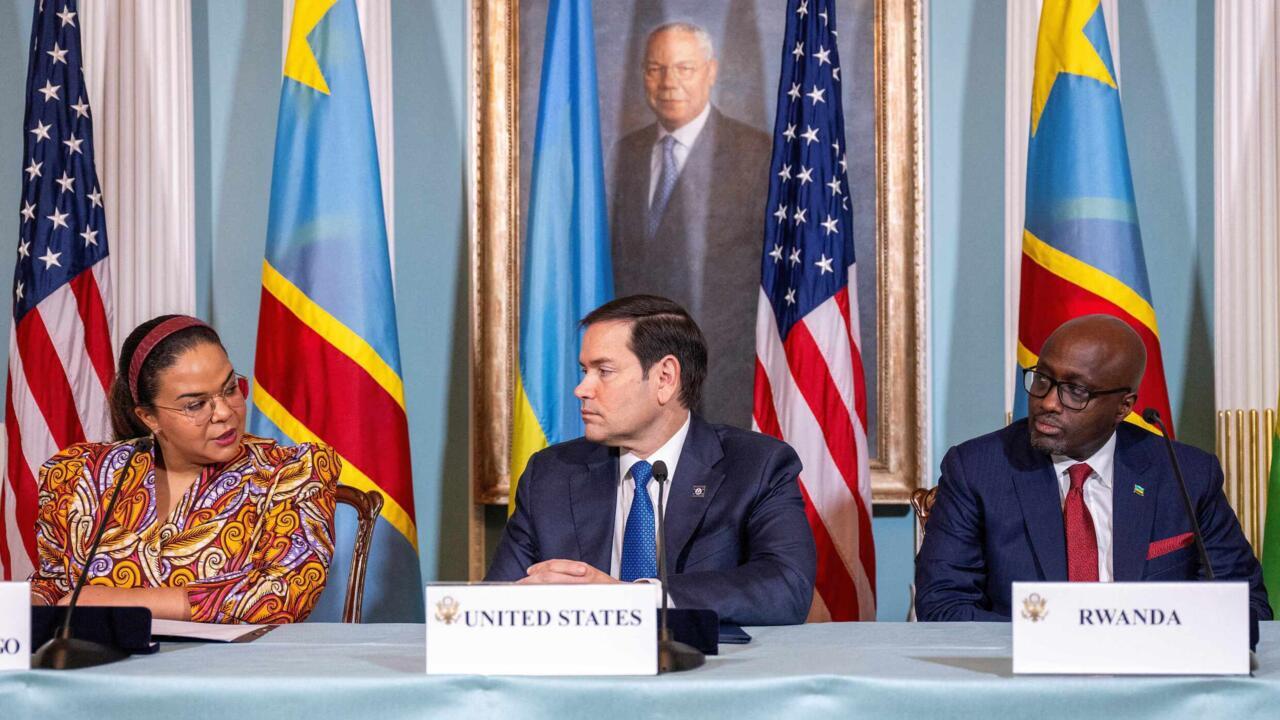

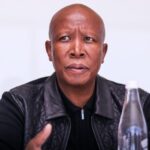




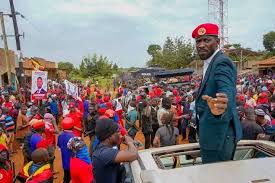
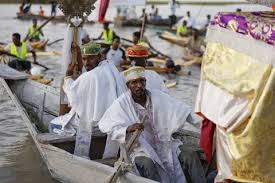
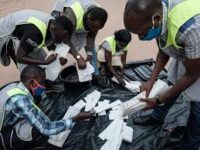
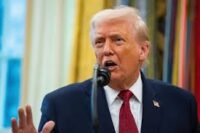

Leave a comment